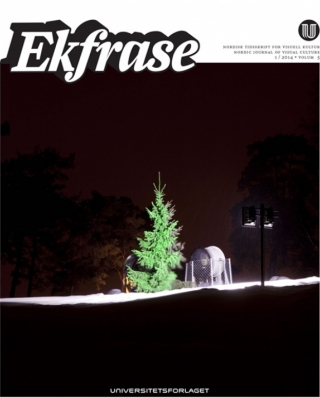Using the Norwegian antiwar film Tears of Gaza (2010) as a point of departure, this essay addresses the issue of truth in documentary. The film chronicles both the attack and the aftermath of the Israeli bombing of the Gaza strip in 2008/09. In interviews, the filmmaker Vibeke Løkkeberg stated, «Tears of Gaza is not a contribution to the Palestine debate» and it is «a nonpolitical film that is solely on the children’s, the victims’ side.» This article will concentrate on the debate that followed in the wake of the screening of the film, where the filmmaker was accused of fabricating some of the shots. The debate in Norway will be compared with a similar discussion in the 30s in the US about Arthur Rothstein’s photography Steer Skull (1936), photographed for the Farm Security Administration documentary project. Furthermore, I will take issue with the new tendency to use amateur footage and the implications of its use. The article concludes that the filmmaker’s aspiration to produce a nonpolitical film is problematic. This involves the selection of the subject, the choice to view the conflict from the children’s perspective, and the decision to show graphic footage from the conflict. In conclusion, the article claims that an important challenge, evident in the debate about Tears of Gaza, is the gap between how issues about truth in documentary film are discussed in the public realm and in documentary theory literature. While discussions in the literature are complex and nuanced, debates in the public realm are often biased and polarized. Another aspect lacking from the debate about Tears of Gaza was the question concerning the filmic and photographic depiction of reality. I will claim that this feature is perhaps the most difficult one to relate to in an analytic and critical way. This concerns especially the footage filmed by amateurs in Tears of Gaza.
